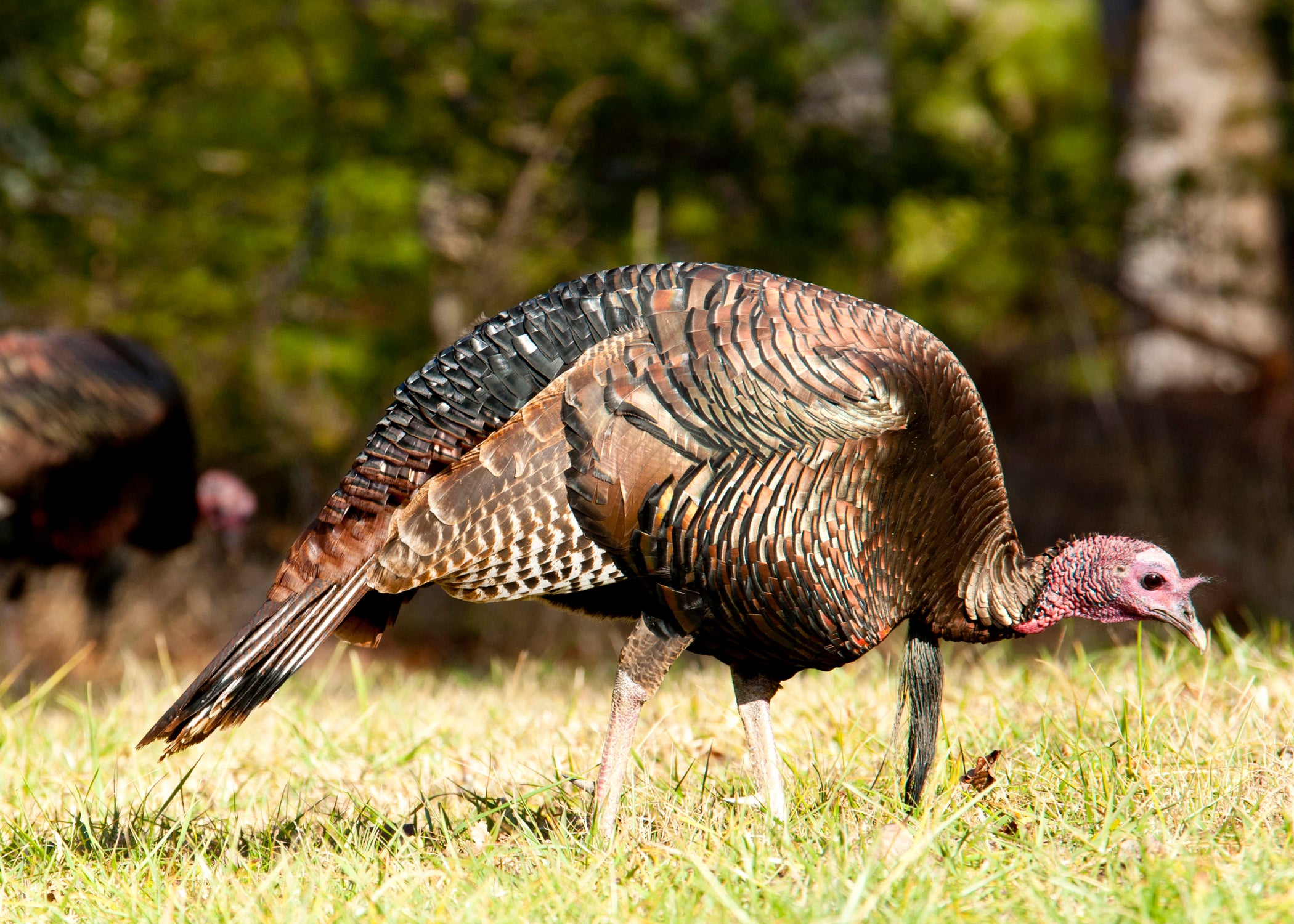Keep safety in mind during turkey season
Published 10:05 am Friday, March 19, 2021

- A wild gobbler turkey with brown and black feathers and a red head.
By Daryl Jones
MSU Extension Service

Nothing sends a charge of electricity up my spine quite like the boom of a gobbler sounding off in Mississippi woodlands. If you have ever had the privilege of hearing a male turkey gobbler announce his presence in Mississippi oak or hickory hardwood and pine forests, you’ll never forget it.
Many hunters take to the woods during turkey season to experience this exhilaration and for the chance to glimpse the spectacle of a strutting gobbler in full display to attract turkey hens for mating.
The wild turkey in Mississippi (Meleagris gallopavo silvestris) is a majestic, beautiful game bird that has been of great importance to humans in the South for centuries. Earliest peoples on the North American continent probably used the turkey as food. Since that time, the turkey has held an important niche in our economy and in the environment.
The turkey’s senses are second to no other animal. For hunters to be successful in seeing a gobbler, they must be motionless at 125 yards or so from the bird, wear camouflage clothing and be a competent caller. Because of the stealth required, hunting turkeys can be inherently dangerous due to the potential of other hunters being nearby in the woods.
Here are a few suggestions to stay safe while enjoying your outdoor turkey hunting excursion.
1. Start early. Arrive at your chosen hunting spot early before daybreak, and walk into your area to hunt before others arrive. If you hunt public or private land, don’t park anywhere near another vehicle. Chances are if you hear a gobbler sound off, hunters in your area will also hear and go to the same turkey. Avoiding places where other cars are parked is the best strategy to keep your distance. Be respectful of other hunters, and hopefully they will do the same toward you.
2. Wear camouflage clothing. This is a must to remain unseen by the wild turkey. The bird has keen vision and can detect the slightest of movements or sounds in the woods. To be successful, it helps to be a proficient caller. As you call, be watchful of movement around you in order to observe the potential approach of another hunter. While I hunt, I’m looking for turkeys, but I’m also diligently looking for other hunters.
3. While in the woods, don’t wear any clothing or carry any items that are red, white or pale blue. When a gobbler is displaying to females, his head takes on these colors. For safety purposes, don’t have these colors on or around you.
4. Avoid calling too much. On some occasions, turkeys will call a lot. More often, however, birds communicate intermittently with fellow flock members in soft tones. My advice is to mimic infrequent, softer calling. From a safety perspective, this type of calling will draw less attention to you from nearby hunters that may approach what they believe to be a calling turkey. Don’t worry, turkeys will hear you. If you hear frequent calling in the woods, be very cautious because this may be another hunter. Never use a gobble call unless you know no one else is in your area. Hunters will quickly approach what they perceive as a gobbler, so this type of calling can be dangerous.
5. Keep still. Avoid unnecessary movement so as to not draw attention of wild turkeys or, more importantly, from an approaching hunter coming to a call. If you see someone approaching you in the woods, speak to this person in normal tones (don’t shout) to make your presence known. Inexperienced hunters have been known to shoot at what they think is a turkey. Let an approaching hunter know immediately that you’re there without startling him or her.
Mississippi in the springtime has to be the prettiest place on Earth. Flowers are blooming, hardwood trees are budding and flowering, songbirds are singing and wild turkeys are mating. This is a special time and my favorite time of year. Using common sense and attempting to hunt isolated areas for turkeys will keep you safe in the woods this spring and make the experience memorable for a lifetime.





